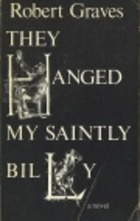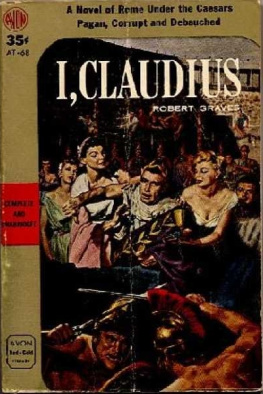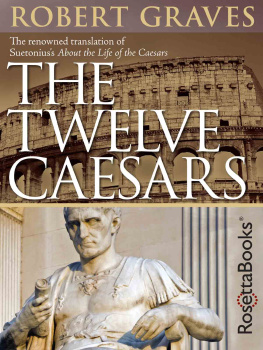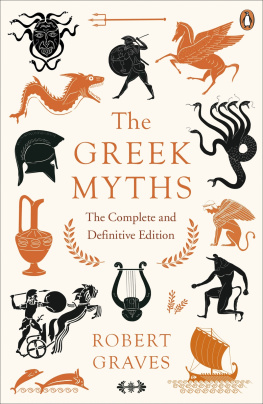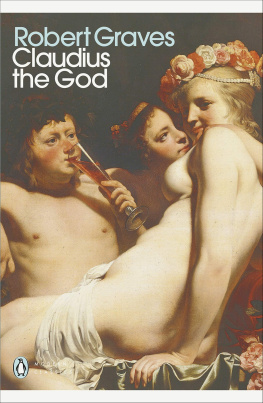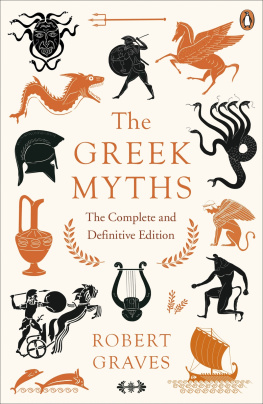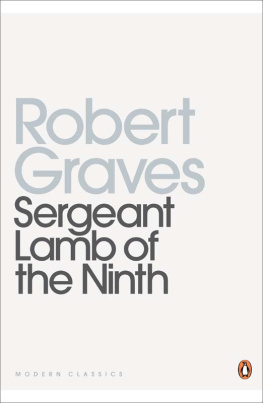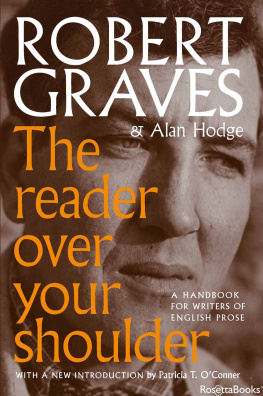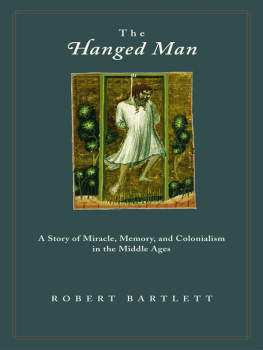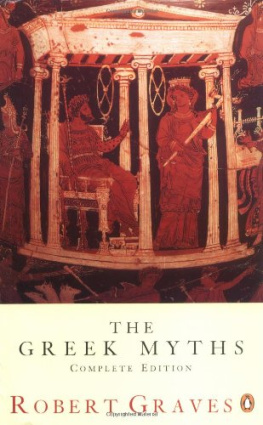Robert Graves - They Hanged My Saintly Billy
Here you can read online Robert Graves - They Hanged My Saintly Billy full text of the book (entire story) in english for free. Download pdf and epub, get meaning, cover and reviews about this ebook. year: 1990, publisher: Xanadu, genre: Detective and thriller. Description of the work, (preface) as well as reviews are available. Best literature library LitArk.com created for fans of good reading and offers a wide selection of genres:
Romance novel
Science fiction
Adventure
Detective
Science
History
Home and family
Prose
Art
Politics
Computer
Non-fiction
Religion
Business
Children
Humor
Choose a favorite category and find really read worthwhile books. Enjoy immersion in the world of imagination, feel the emotions of the characters or learn something new for yourself, make an fascinating discovery.
- Book:They Hanged My Saintly Billy
- Author:
- Publisher:Xanadu
- Genre:
- Year:1990
- Rating:5 / 5
- Favourites:Add to favourites
- Your mark:
- 100
- 1
- 2
- 3
- 4
- 5
They Hanged My Saintly Billy: summary, description and annotation
We offer to read an annotation, description, summary or preface (depends on what the author of the book "They Hanged My Saintly Billy" wrote himself). If you haven't found the necessary information about the book — write in the comments, we will try to find it.
They Hanged My Saintly Billy — read online for free the complete book (whole text) full work
Below is the text of the book, divided by pages. System saving the place of the last page read, allows you to conveniently read the book "They Hanged My Saintly Billy" online for free, without having to search again every time where you left off. Put a bookmark, and you can go to the page where you finished reading at any time.
Font size:
Interval:
Bookmark:
British Library Cataloguing in Publication Data
Graves, Robert 1895-1985 They hanged my saintly Billy. I. Title 364.1523092
ISBN 1-85480-004-3
Copyright Robert Graves 1957
First published 1957 by Cassell & Company Limited Published in hardcover 1989 by Xanadu Publications Limited 19 Cornwall Road, London N4 4PH
First paperback edition 1990 by Xanadu Publications Limited
All rights reserved. No part of this publication may be reproduced, stored in a retrieval system, or transmitted in any form or by any means, electronic, mechanical, photocopying, recording or otherwise, without the prior written permission of the copyright owner.
Printed and bound in Great Britain by Billing and Sons Limited, Worcester.
CONTENTS
Chapter
Page
Foreword
ix
I
The Old Bailey: May 14th, 1856
II
The Wiles of Jane Widnall
II I
Mr Duffy's Sample Box
IV
Colonel Brookes's Resolution
V
Stafford Infirmary
VI
At Bart's
VII
The Courtship of Annie Brookes
VIII
The Nursery
IX
An Unfortunate Series of Deaths
X
English Cholera
XI
'A Good Lira'
no
XII
A Gentleman of Property
XIII
'Two Narrow Shaves'
XIV
Financial Straits
XV
Death at The Talbot Arms
XVI
Stepfather to the Deceased
XVII
The Inquest on John Parsons Cook
XVIII
Stafford Gaol
XIX
Unreliable Witnesses
XX
Absent Witnesses
XXI
If Doctors Disagree
XXII
The Verdict
XXIII
A Change in Public Opinion
XXIV
The Execution
The illustrations are taken from ' The Times* Report of the Trial of Wm Palmer, 1856, and are reproduced by courtesy of The Times [vii]
FOREWORD
T ODAY is the centenary of Dr Wm Palmer's public execution for the alleged poisoning of his friend John Parsons Cook; and all opponents of capital punishment should be wearing black. 'I am a murdered man, Dr Palmer told the Prison Governor after his twelve-day trial, one of the best attended, and most scandalous, ever staged at the Old Bailey; which was the truth. The medical evidence against him had broken down completely, and the circumstantial evidence conflicted, but the Lord Chief Justice and the Attorney-General were both out to secure a verdict of guilty from the handpicked jury.
Dr Palmer was, I grant, a scoundrel and spendthriftthough hardly in the class of Edwin James, Q.C., one of the Crown Counsel who helped to hang him and got disbarred five years later for frauds amounting to over 60,000but he was also well known for his generosity to the unfortunate, and his remarkable stoicism when things went wrong. James, then a Member of Parliament, got safely away to New York, owing 100,000, and there not only resumed his legal practice but became a successful actor at the Winter Garden Theatre. Palmer had no such luck. His wax effigy appears in the Chamber of Horrors at Madame Tussaud's Exhibition, among England's most notorious poisoners: doubtless as a warning to all who dare challenge the combined might of the police, the insurance companies, and the Jockey Club.
Mr James Hodge, editor of The Trial of Wm Palmer, in the 'Notable B ritish Trials' series, is pleased to rank Dr Palmer among the 'mass-executioners'. To me, however, he recalls 'Hanging Johnny' in the sea-chanty:
They say I hanged my mother,
Away, boys, away!
They say I hanged my brother,
Then hang, boys, hang!
They say I hanged my Annie,
Away, boys, away!
I hanged her up so canny,
Then hang, boys, hang!
They say I hanged my daddy,
Away, boys, away!
But I never hanged nobody,
Then hang, boys, hang!
Palmer was similarly accused of murdering fourteen people: in particular his wife Annie, the last survivor of a suicidal family. That she poisoned herself to get him out of debt by her life insurance is the only theory that covers all the facts; but his deep grief has been unkindly dismissed as hypocritical. The case did not come up for trial. My conclusion is that 'he never killed nobody'.
My uncle, Dr Clifford Pritch ard, M.D., to whom I dedicate th is book in grateful a cknowledgement of advice, and th e loan of books, is my sole personal link with the Palmer case. He took over a medical practice at Highgate from his friend, the late Dr George Fletcher, J.P., Palmer's leading biographer, who as a boy met many of the characters in this story, including old Mrs Palmer, and once even carried John Parsons Cook's cricket-bag.
In reconstructing Palmer's story, I have invented little, and in no case distorted hard fact. But the case is so complex that to argue it out in historical detail would have made a very bulky and quite unreadable book. I worked from the following main sources:
' The Times' Report of the Trial of Wm Palmer, Illustrated (Ward & Lock, London, 1856). The Queen v. Palmer: Verbatim Report of the Trial, in two parts (J. Allen, London, 1856). The Queen v. William Palmer: Official Report of the Minutes of Evidence (George Hebert, London, 1856). Illustrated Life and Career of Wm Palmer of Rugeley (Ward & Lock, London, 1856). Last Hours and Execution of William Palmer the Poisoner (Taylor & Green, London, 1856). The Cries of the Condemned: Proofs of the Unfair Trial of Wm Palmer by Thomas Wakley, Esq., Coroner, London (C. Elliot, 1856). A Letter to the Lord Chief fustice Campbell by th e Rev. Thomas Palmer (mainly written, it seems, by Edward Ke nealey, Palmer's junior CounselT. Taylor, London, 1856). In Favorem
Vitae: A Letter to Mr Serjeant Shee on the Trial of Wm Palmer by Henry Conington (John Russell Smith, London, 1856). W. Palmer Exhumed: A Few Words on the Trial by L.B.M.A. Cantab. (Palmer & Son, London, 1856). The Principles and Practice of Medical Jurisprudence by Professor Alfred Swaine Taylor (John Churchill, London, 1865 edition). Sixty Years on the Turf by George Hodgman (Grant Richards, London, 1901). The Life and Career of Dr Wm Palmer of Rugeley by Dr George Fletcher (Fisher Unwin, London, 1925). The Trial of Wm Palmer edited by E. R. Watson ('Notable British Trials' SeriesWm Hodge, London, 1952).
Unfortunately, the thirty-four 'lascivious' letters written by Dr Palmer to Jane Bergen have disappeared since 1933, when Dr Fletcher's collection of Palmeriana was dispersed at his death.
As usual, I have to thank Kenneth Gay for his constant help with this book at every stage.
Robert Graves
Deya, Mallorca, Spain. June 14th, 1956
Chapter I
THE OLD BAILEY: MAY 14TH, 1856
T HE trial of William Palmer, aged thirty-one, surgeon and race-horse owner, began yesterday at the Old Bailey after a delay of nearly five months. He had been arrested on Friday, December 15th, 1855, by the police superintendent at Rugeley, Staffordshirea town of which he is both a native and a resident on a charge of having, three weeks before, feloniously, wilfully, and with malice aforethought, committed murder on the person of his friend and brother-sportsman John Parsons Cook. The arrest followed upon a verdict of wilful murder returned by a corone r's court at Rugele y. Palmer was thereupon committed to Stafford Gaol, of which he has since been an inmate.
Popular excitement rose to such a pitch, when he was further accused of several other poisonings, that in the view of the county audiorities he could not expect to meet with a fair trial at Staffordshire Assizes. An application for a trial in London having been granted, a special Act (19 Vict. cap. 16) was needed to regularize the procedure; and, this having been hurried through Parliament, the Crown resolved that the prosecution should be conducted by Attorney-General Cockburn himself, rather than by any private person.
Font size:
Interval:
Bookmark:
Similar books «They Hanged My Saintly Billy»
Look at similar books to They Hanged My Saintly Billy. We have selected literature similar in name and meaning in the hope of providing readers with more options to find new, interesting, not yet read works.
Discussion, reviews of the book They Hanged My Saintly Billy and just readers' own opinions. Leave your comments, write what you think about the work, its meaning or the main characters. Specify what exactly you liked and what you didn't like, and why you think so.

